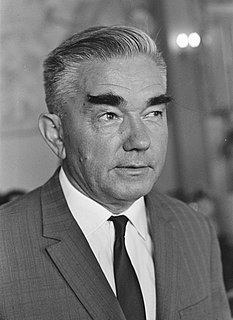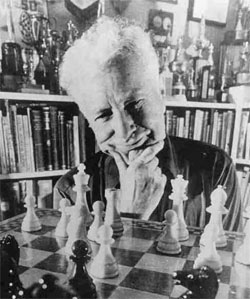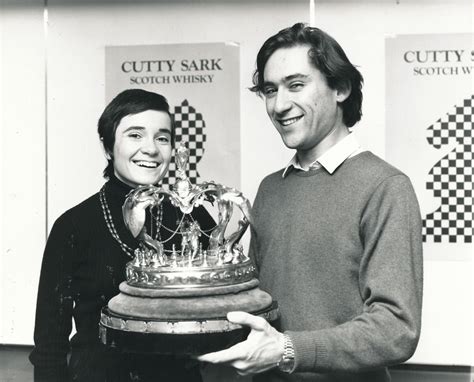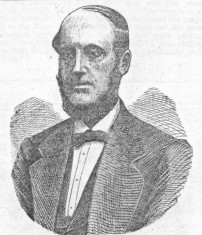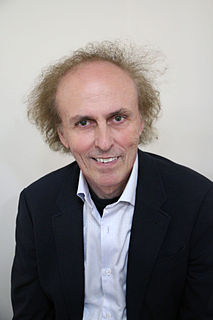A Quote by Alexander Kotov
The proponents of Steinitz' theory - Tarrasch and his supporters - tried to express Steinitz' teaching in the form of laconic rules, and as often happens in such cases, they went too far. The laconic tended to become dogmatic, and chess began to lose its freshness, originality and charm.
Related Quotes
He is the so-called father of the modern school of chess; before him, the King was considered a weak piece and players set out to attack the King directly. Steinitz claimed that the King was well able to take care of itself, and ought not to be attacked until one had some other positional advantage. He understood more about the use of squares than Morphy and contributed a great deal more to chess theory.
As with Steinitz, Fischer's genius has often been concealed by controversies away from the board. Like Lasker, Fischer has raised chess to new financial heights despite frequent retreats from serious play. And, like Capablanca, Fischer is recognized by millions of non-players and has won the game many new enthusiasts.
Far too often, we have limited the definition of the Church. While not in all cases, in many cases, 'Church' has become an informational, inspirational weekly gathering rather than the group of people that God has ordained from Heaven to operate on his behalf on Earth in order to bring Heaven's viewpoint into history.
